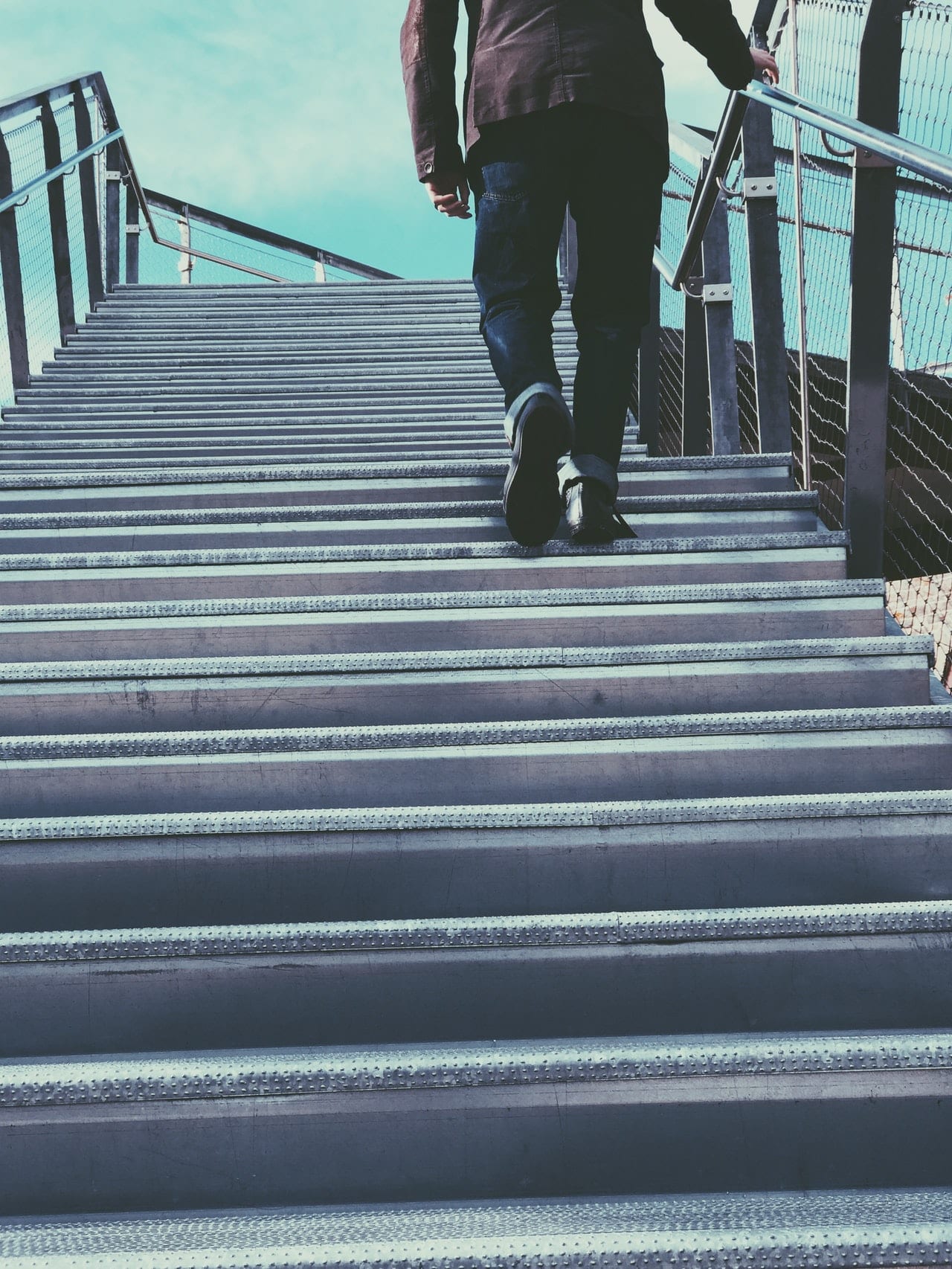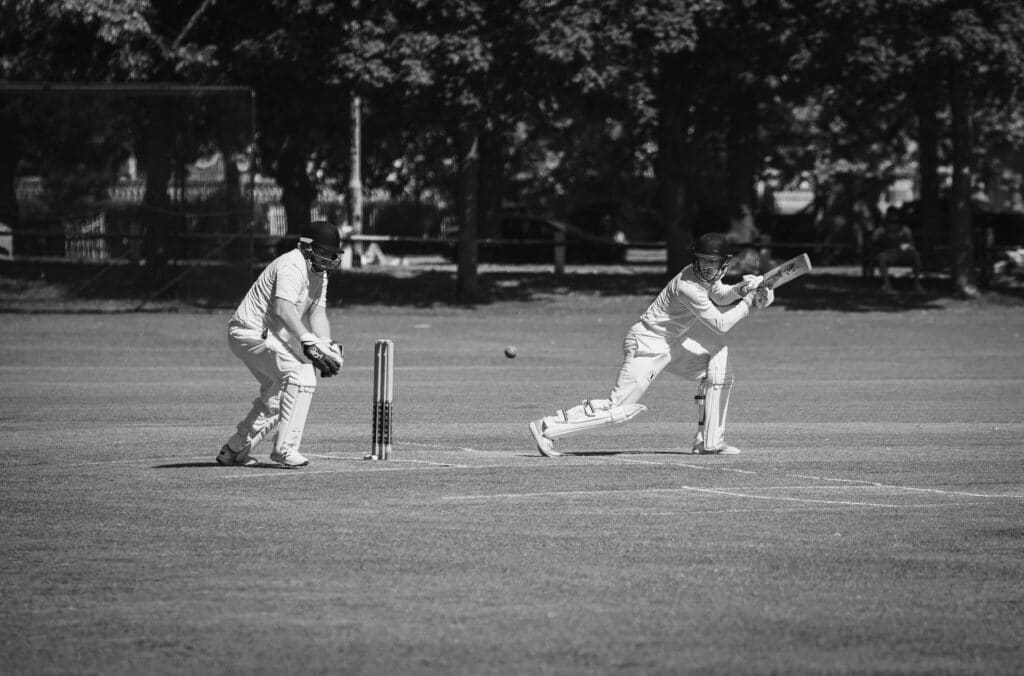Lateral hip pain
What we’ll cover
Lateral hip pain
With so many of us increasing our walking or modifying the type of exercise that we do, our team has recently seen an increase in clients reporting pain and discomfort on the outside of their hip. When addressed quickly, this common condition can be managed with great benefit from physiotherapy. Our physiotherapist Sarah Yule discusses this common condition and what you an do at home.
What is Greater Trochanteric Pain Syndrome (GTPS)?
Greater Trochanteric Pain Syndrome (GTPS) is a condition that presents itself as pain on the outside of your hip or thigh region. GTPS commonly involves the tendons and/or bursa surrounding the side of your hip. It is also commonly referred to as hip bursitis or gluteal tendinopathy.
The muscles/tendons commonly involved include the gluteus medius and minimus. The main function of these muscles are to control the sideways movement of the hips/ pelvis during activities such as walking, running, stair climbing, etc.
GTPS is commonly caused by an overload in repetitive loading movements (eg. walking/ running, stairs), weight bearing on one leg for prolonged periods, or the commencement of unaccustomed vigorous exercise.
What causes lateral hip pain?
- Recent increase or decrease in exercise or load
- Gluteal muscle weakness
- Tightness of structures overlying the greater trochanter (eg. Iliotibial band)
- Tightness of muscles that pull the leg into a more midline/ adducted position (eg. adductors)
- Imbalance of muscular activation around the hip complex
Who is most at risk of getting lateral hip pain?
- Females are more likely than men due to the anatomical shape
- >40 years of age
- Increased BMI
What are the common symptoms of GTPS?
- Pain during or following single leg weight bearing activities (eg. Walking/ running)
- Pain with lying on your side (especially at night)
- Increased pain in the mornings or after a period of prolonged sitting/ rest
- Pain with palpation to the outside of your hip
- Gluteal muscle weakness
- Limping when walking
Treatment of GTPS
Conservative management is strongly indicated for the initial management of GTPS. Management strategies will likely include a combination of both recognising and reducing aggravating activities, soft tissue work and a graduated and individualised exercise program aimed at strengthening the gluteal muscles. Weight loss may also be indicated for some individuals.
What can I do to reduce my hip pain?
- Avoid sitting cross-legged (sit with knees hip width apart)
- Avoid sleeping on the irritated side
- Avoid wearing tight clothing (Eg. jeans) over the affected area
- Avoid “hanging” off hip in standing
Completing a comprehensive strengthening program is a key part of the long term treatment of GTPS and you can expect this process to take least 8-12 weeks. Your physiotherapist will help to step you through a graduated progression of exercises designed to strengthen the hip abductor muscles, and consequently stimulate cellular changes that help to make the tendons more resilient to cope with increased physical demands without becoming painful.
If you are experiencing lateral hip pain, contact our team today. Call us or book online.














